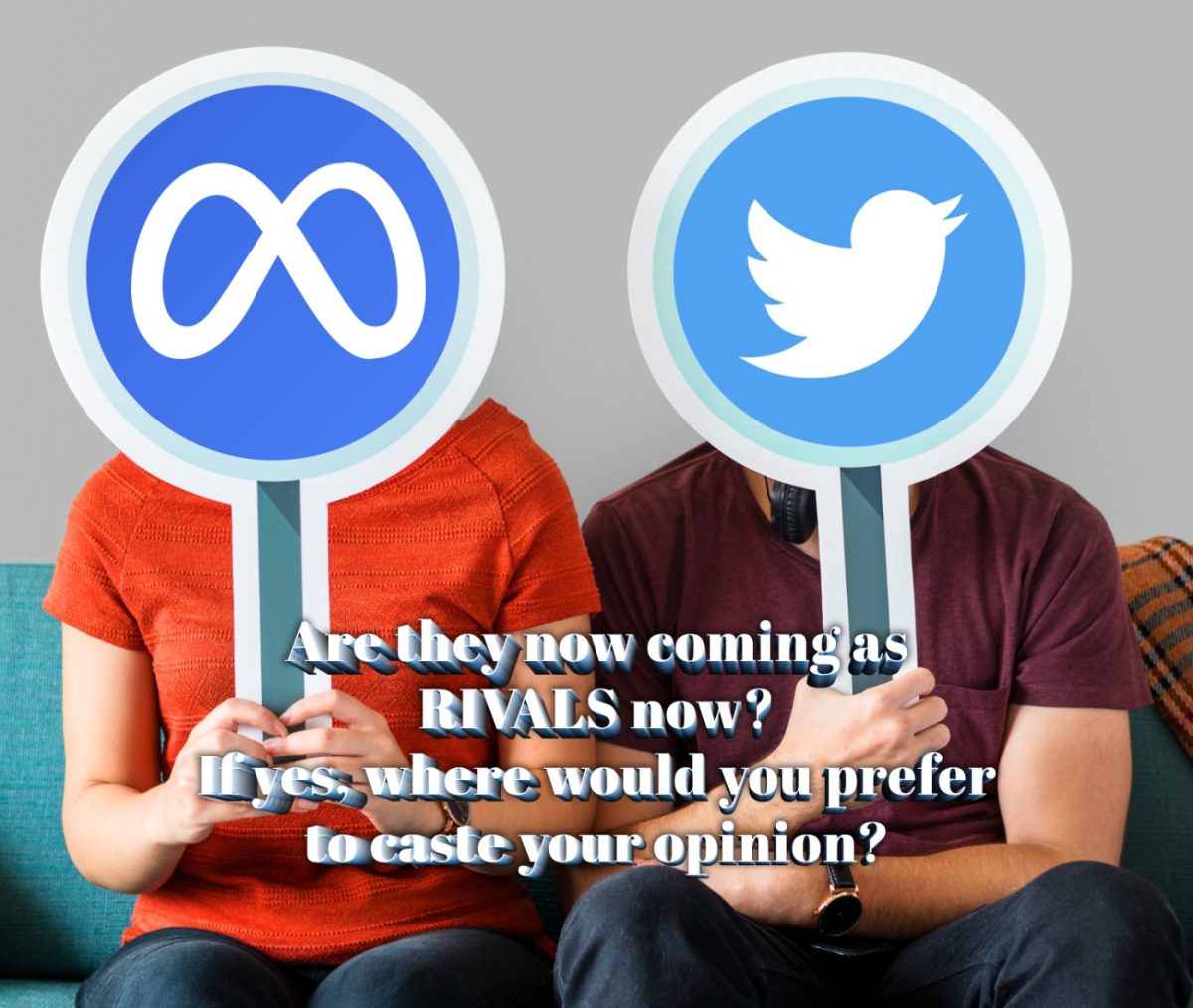Introduction
Meta, the parent company of Facebook, has been rumored to be working on a rival platform for Twitter. If this is true, it could have a significant impact on the social media landscape.
There are several potential consequences of Meta launching a rival platform for Twitter. One possibility is that it could lead to increased competition in the social media space. This could be good for users, as it could lead to better services and innovation. However, it could also lead to a more fragmented social media landscape, making it harder for users to connect with their friends and family.
Another possibility is that Meta’s platform could be more successful than Twitter. If this happens, it could lead to Twitter losing users and influence. This could hurt the public discourse, as Twitter is a major platform for news and information.
Measures to Maintain Integrity
If Meta does launch a rival platform for Twitter, it will need to take several measures to maintain the integrity of one’s opinion. These measures could include:
- Fact-checking: The platform should provide users with the ability to fact-check information. This would help to ensure that users are not spreading misinformation.
- Reporting harmful content: The platform should allow users to report harmful content. This would help to remove content that is hateful, discriminatory, or harmful.
- Encouraging respectful behavior: The platform should encourage users to be respectful of others. This would help to create a more positive and inclusive environment.
Technology Differences
Meta’s platform could create a technology difference in comparison to other technology platforms by:
- Using artificial intelligence to identify and remove harmful content: This would help to keep the platform safe and respectful.
- Allowing users to create their communities: This would give users more control over their experience on the platform.
- Providing users with more privacy controls: This would help users to protect their personal information.
Technology Infrastructure
The technology infrastructure of Meta’s Twitter rival would need to be robust and scalable to support a large number of users. The platform would also need to be secure to protect users’ data.
Meta could use its existing infrastructure to support the new platform. However, the company would need to make some modifications to the infrastructure to meet the specific needs of the new platform. For example, the platform would need to be able to handle a large volume of data traffic.
Ethical Matters
Meta’s Twitter rival would need to address several ethical concerns. These concerns include:
- Misinformation: The platform would need to have measures in place to prevent the spread of misinformation. This could include fact-checking, labeling of content, and user reporting.
- Hate speech: The platform would need to have measures in place to prevent hate speech. This could include content removal, user bans, and education programs.
- Privacy: The platform would need to protect users’ privacy. This could include encryption, data minimization, and user consent.
Meta would need to be transparent about its data collection and privacy practices. The company would also need to be accountable for its actions.
Sustainability
Meta’s Twitter rival would need to be sustainable. This means that the platform would need to be designed to minimize its environmental impact. This could include using renewable energy, reducing data traffic, and using recycled materials.
Meta could use its existing sustainability initiatives to support the new platform. For example, the company could use renewable energy to power the platform’s servers.
Conclusion
Meta’s Twitter rival has the potential to be a major player in the social media landscape. However, the platform would need to address several challenges to be successful. These challenges include technology infrastructure, ethical matters, and sustainability.
If Meta can address these challenges, its Twitter rival could have a positive impact on the social media landscape. The platform could help to promote informed debate, reduce the spread of misinformation, and protect users’ privacy.
Additional Thoughts
In addition to the challenges mentioned above, Meta’s Twitter rival would also need to consider the following factors:
- User experience: The platform would need to be easy to use and navigate. It would also need to be visually appealing and engaging.
- Content moderation: The platform would need to have a system in place to moderate the content. This system would need to be fair and transparent.
- Advertising: The platform would need to generate revenue. This could be done through advertising, subscription fees, or donations.
Meta would need to carefully consider all of these factors to create a successful Twitter rival.
The Future of Social Media
The social media landscape is constantly evolving. New platforms are emerging all the time, and existing platforms are constantly changing. It is difficult to predict what the future of social media will look like. However, Meta’s Twitter rival could have a significant impact on the landscape.
If Meta’s Twitter rival is successful, it could lead to a more competitive and innovative social media landscape. It could also help to address some of the challenges that social media faces, such as the spread of misinformation and hate speech.
Only time will tell what the future holds for Meta’s Twitter rival. However, the platform has the potential to be a major player in the social media landscape.



